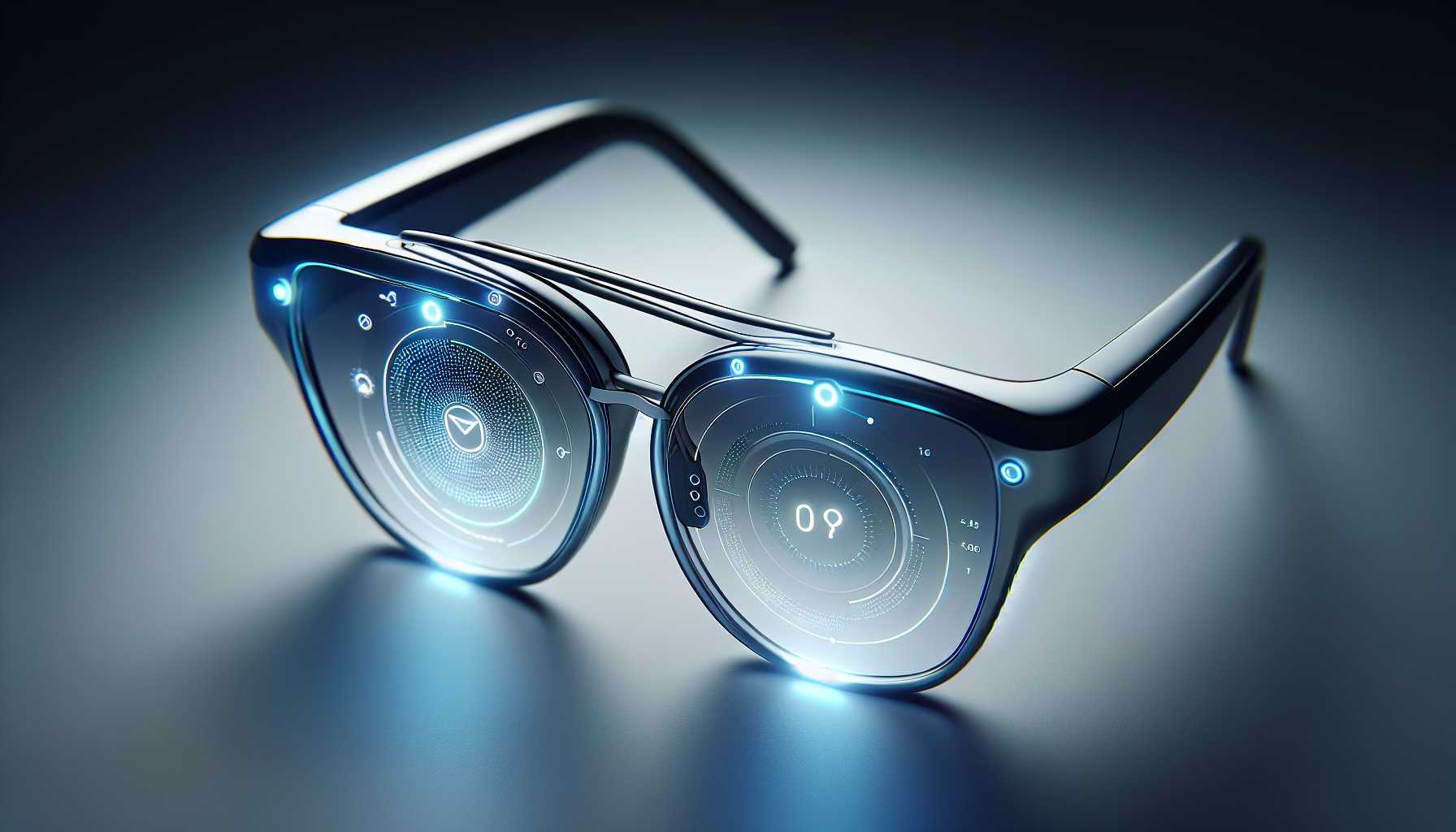AI Smart Glasses: Innovation or Privacy Nightmare? The Always-On Dilemma

These innovative smart glasses, developed with always-on AI, represent a new frontier in personal recording technology. Imagine the possibilities and potential impact of such a device.
Imagine a world where your glasses are always listening, always recording. Sounds like science fiction? Think again. Harvard dropouts are reportedly launching AI smart glasses equipped with always-on recording capabilities. But is this a groundbreaking innovation or a step too far into privacy invasion? Let's dive in.
The Promise of AI Smart Glasses
At first glance, the potential benefits are compelling. These smart glasses could offer real-time translation for travelers, provide hands-free assistance for surgeons, or even help individuals with memory loss by recording important moments. Newsweek reported that new AI Glasses Can Now Translate the World for Blind, offering those who are blind or low-vision hands-free access to information. For people with visual impairments, AI-powered glasses could be a game-changer, providing unprecedented access to the world around them.
Meta CEO Mark Zuckerberg even suggests that in the near future, people without AI glasses will be at a cognitive disadvantage. But at what cost?
The Dark Side: Privacy Concerns
The most obvious concern is privacy. What happens to all that recorded data? Who has access to it? Could it be used for nefarious purposes? The ethical implications of constantly recording conversations are immense. Imagine every private conversation, every confidential meeting, every personal moment being stored and analyzed. It's a chilling thought.
Upworthy recently reported how new smart glasses can easily steal a user's personal information without warning. This highlights the vulnerability of these devices to hacking and data breaches, raising serious questions about data security and user protection.
And let's not forget the potential for misuse. Could these glasses be used for surveillance? Could they be used to blackmail or manipulate individuals? The possibilities are endless, and none of them are particularly comforting.
Finding the Balance: Benefits vs. Risks
So, where do we draw the line? How do we balance the potential benefits of AI smart glasses with the very real privacy risks? It's a complex question with no easy answers. We need to consider the following:
- Data Security: How can we ensure that the data collected by these glasses is protected from hackers and misuse?
- Transparency: How can we ensure that users are fully aware of what data is being collected and how it's being used?
- Regulation: Do we need new laws and regulations to govern the use of AI smart glasses and protect individual privacy?
These are just a few of the questions we need to address as we move forward. The development of AI technology is outpacing our ability to understand and regulate it. It's up to us to ensure that technology serves humanity, not the other way around.
My Take: A Call for Responsible Innovation
Personally, I believe that AI smart glasses have the potential to be a force for good. But only if we proceed with caution. We need to prioritize privacy and security, and we need to have an open and honest conversation about the ethical implications of this technology. We can't afford to blindly embrace innovation without considering the consequences.
What do you think? Are AI smart glasses a revolutionary tool or a privacy nightmare waiting to happen?
